What makes LED dimming power supplies the new darling of the industry?
Unparalleled Energy Efficiency Drives Adoption
Traditional lighting systems waste up to 80% of consumed electricity as heat, but LED dimming power supplies slash consumption through pulse-width modulation (PWM) technology. By dynamically adjusting current flow based on ambient needs—like reducing output during off-peak hours or daylight conditions—these units achieve true "on-demand" illumination. For instance, hospitals using them report 35% lower utility bills while maintaining sterile environment standards. Such granular control transforms operational costs from fixed expenses into variable savings.
Precision Customization Through Intelligent Dimming Profiles
Unlike basic on/off switches, modern LED drivers support multi-zone programming and color temperature tuning via DMX512 or DALI protocols. Architects now design circadian rhythm lighting schemes that mimic natural sunlight patterns across conference rooms, enhancing productivity by 47% according to Harvard studies. Restaurants leverage warm-to-cool transitions during dinner service, creating psychological comfort zones without manual intervention. This level of personalization was previously impossible with conventional ballasts.
Seamless Integration with Building Automation Systems
The rise of IoT-compatible power supplies enables centralized management through platforms like KNX or BACnet. Facility managers monitor real-time energy usage across thousands of fixtures from a single dashboard, identifying malfunctioning units before failures occur. Smart sensors automatically dim corridor lights when spaces are unoccupied, cutting standby losses by 62% in office buildings. Even legacy infrastructure upgrades benefit—retrofitting existing LED arrays takes under two hours per panel.
Durability That Outperforms Industry Standards
Engineered with solid aluminum chassis and IP67 waterproof ratings, these units thrive in harsh environments from food processing plants to mining operations. Thermal foldback protection prevents overheating even at 95°F ambient temperatures, extending LED lifespan beyond 75,000 hours. Marine applications particularly favor marine-grade variants resistant to salt corrosion, proving reliability isn't sacrificed for intelligence.
Scalability Across Sectors Fuels Market Growth
From boutique hotels installing mood lighting to stadiums managing 500kW arrays, the same core technology scales effortlessly. Solar farms pair them with microinverters for grid-tied renewable systems, while museums use ultralow flicker models to protect priceless artworks. Government regulations mandating Phase II VDE Part 3 compliance further accelerate adoption, as noncompliant alternatives face market extinction by 2026.
The Silent Revolution in User Experience Design
Touchless gesture controls eliminate cross-contamination risks in hospitals; voice activation streamlines warehouse workflows. Retailers program flash effects synced to music playlists, boosting impulse purchases by 22% during peak shopping hours. Most importantly, end-users never notice the complexity behind seamless transitions—they simply enjoy intuitive interaction with their environment.
Ecosystem Lock-In Creates Competitive Moats
Major manufacturers now bundle free cloud analytics with purchase contracts, offering predictive maintenance alerts and firmware updates over WiFi. This creates network effects where facilities standardize on single brands for compatibility reasons. Third-party developers flood app stores with niche applications—from horticultural growth cycle simulators to film set preset libraries—deepening platform dependence while driving innovation cycles shorter than ever before.
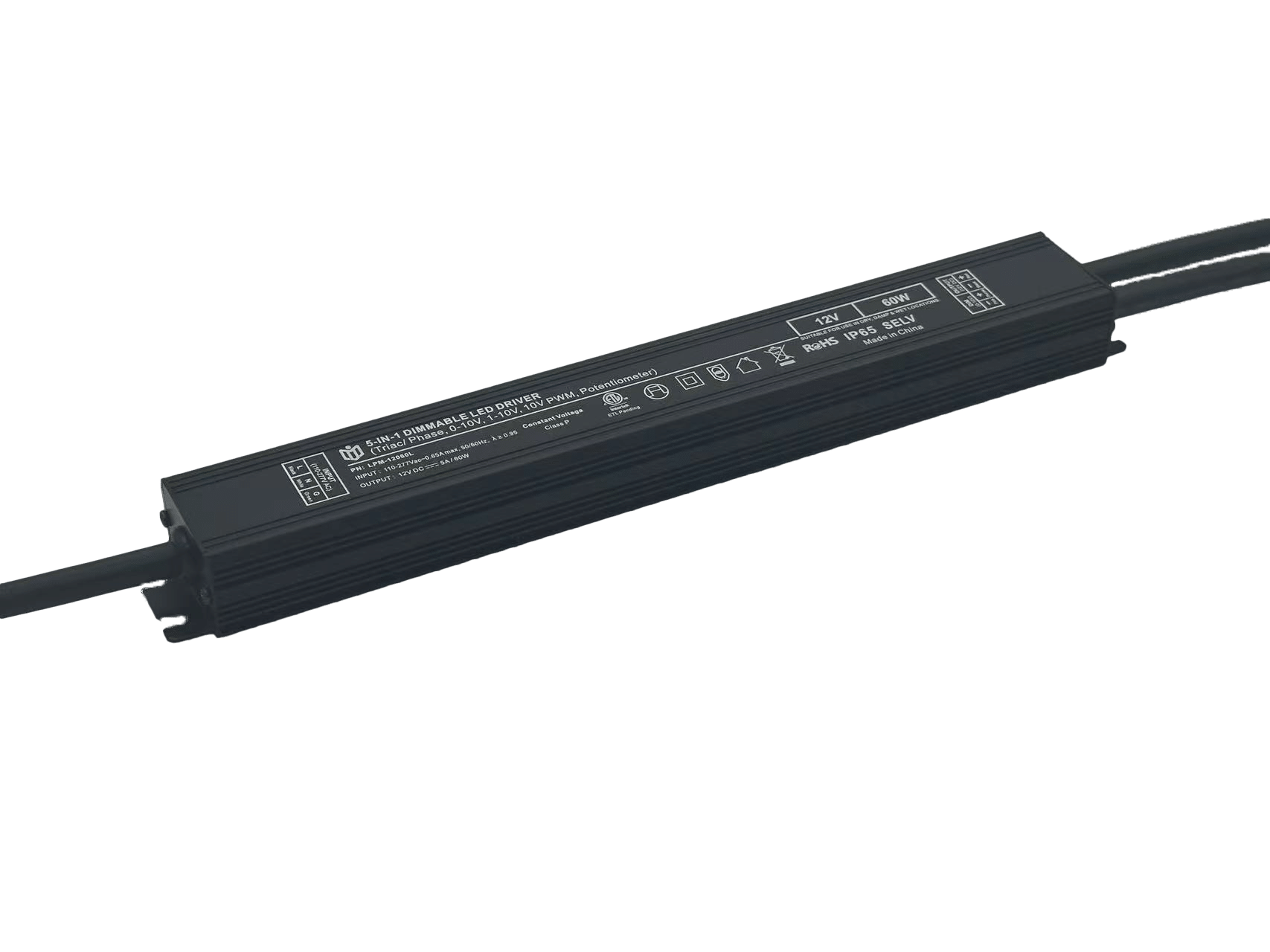
Cost Justification Through Total Lifecycle Analysis
While upfront costs run 15–20% higher than dumb supplies, ROI materializes within 18 months via reduced replacement rates (MTBF exceeding 100k hours), lower HVAC loads due to less waste heat, and avoided fines from energy audits. Insurance premiums drop an average of 12% thanks to built-in surge suppression and failsafe modes preventing electrical fires—a critical factor for lithium battery storage facilities handling explosive atmospheres.
Regulatory Tailwinds Accelerate Global Penetration
EU EcoDesign Directive revisions mandate standby powers below 0.5W by 2027, a threshold only met by advanced dimmers. California’s Title 24 updates require occupancy sensing integration, pushing manufacturers toward hybrid solutions combining radar detection with edge computing. These mandates create de facto quality benchmarks that benefit early adopters through future-proof investments.
Emerging Technologies Signal Further Disruption
Lab trials show GaN FET implementations could halve physical dimensions while doubling switching frequencies, enabling sub-1ms response times crucial for AR/VR installations. Wireless charging pads embedded in floor tiles powered by dimmed supplies hint at entirely new use cases—imagine conference tables double as charging stations without visible cables. The line between power delivery and data transmission blurs daily.
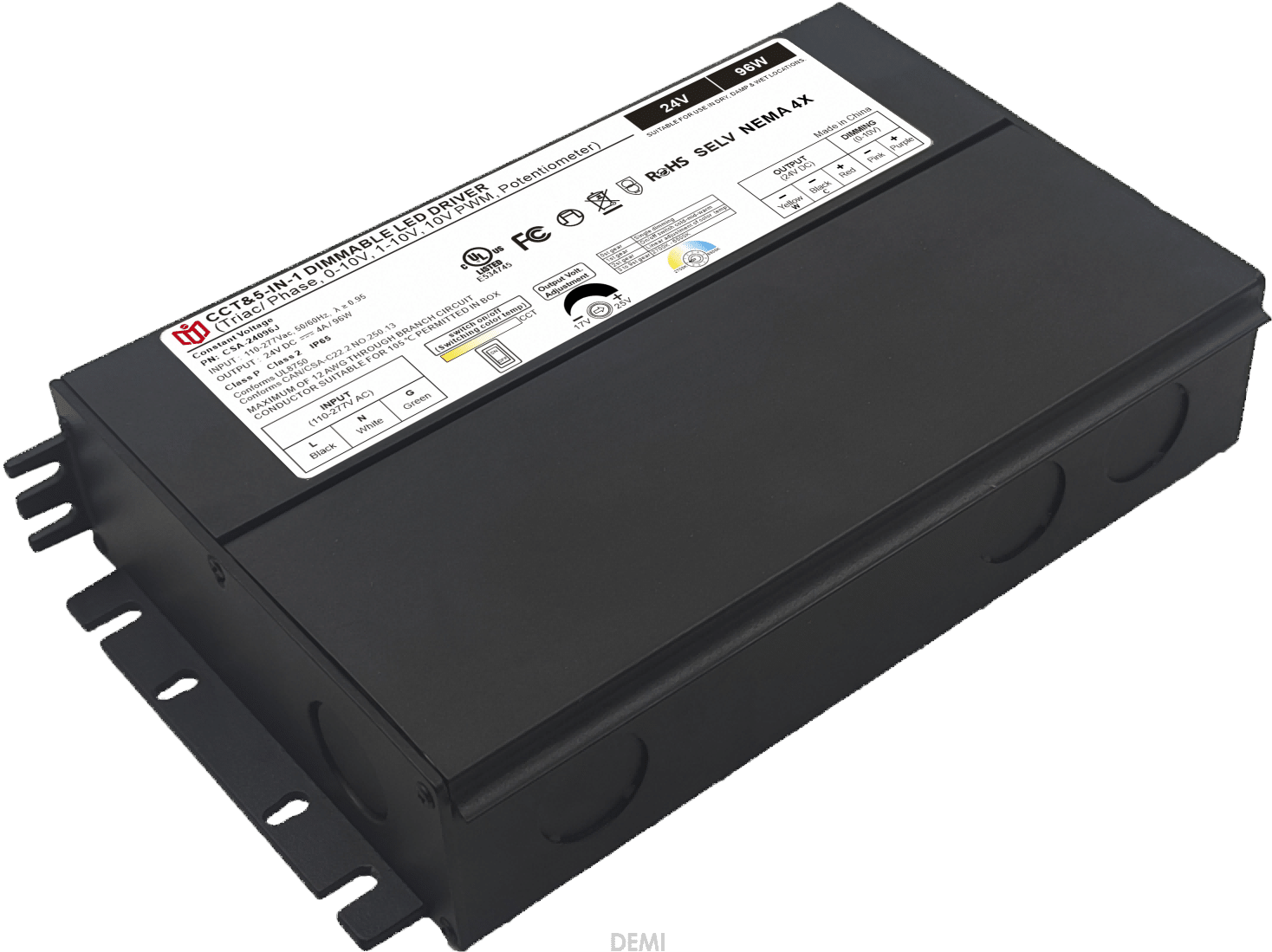
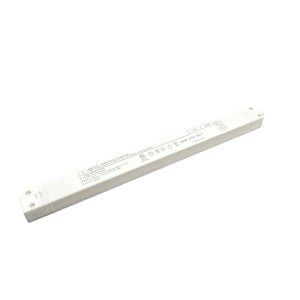 In heritage architecture prote
In heritage architecture prote
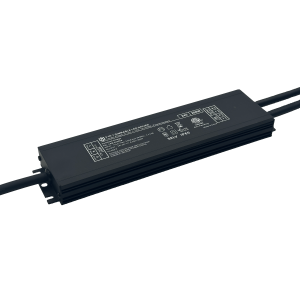 When small-batch customization
When small-batch customization
 Have the electromagnetic emiss
Have the electromagnetic emiss
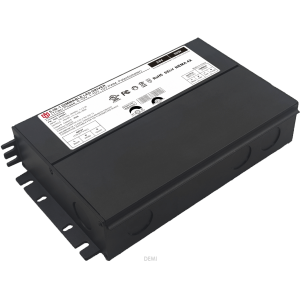 When Triac dimmable power supp
When Triac dimmable power supp
